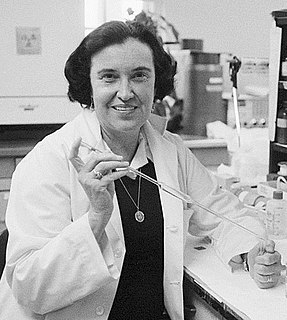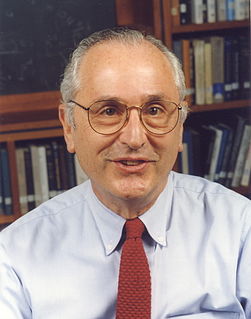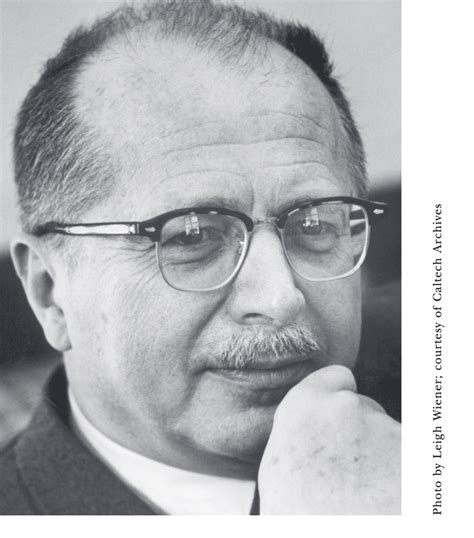A Quote by Kip Thorne
When Galileo first trained his optic telescope on the heavens and opened up modern optical astronomy, that was the first of the electromagnetic windows out of the universe: light.
Related Quotes
It is impossible not to feel stirred at the thought of the emotions of man at certain historic moments of adventure and discovery - Columbus when he first saw the Western shore, Pizarro when he stared at the Pacific Ocean, Franklin when the electric spark came from the string of his kite, Galileo when he first turned his telescope to the heavens. Such moments are also granted to students in the abstract regions of thought, and high among them must be placed the morning when Descartes lay in bed and invented the method of co-ordinate geometry.
We have all kinds of limitations as human beings. I mean we can't see the whole electromagnetic spectrum, we can't see the very small, we can't see the very far. So we compensate for these short comings with technological scaffoldings. The microscope allows us to extend our vision into the microsphere. The telescope allows us to extend our vision into the macrosphere, the Hubble Space Telescope extends our optic nerve into space, and it allows us to mainline space and time through our optic nerve.
Everything we know about the universe is studied by using telescopes or other instruments that look at visible light, infrared, ultraviolet or X-ray - different wavelengths of electromagnetic interactions. Only 4 percent of what's in the universe gives off electromagnetic radiation, so we don't have any handle on the rest.
In the course of writing 'First Light,' I climbed all over and through the Hale Telescope, where I found rooms, stairways, tunnels, and abandoned machines leaking oil. My notebooks show tooth-marks where I gripped them with my teeth while climbing around inside the telescope, and the notebooks are stained with Flying Horse telescope oil.
We debase the richness of both nature and our own minds if we view the great pageant of our intellectual history as a compendium of new information leading from primal superstition to final exactitude. We know that the sun is hub of our little corner of the universe, and that ties of genealogy connect all living things on our planet, because these theories assemble and explain so much otherwise disparate and unrelated information not because Galileo trained his telescope on the moons of Jupiter or because Darwin took a ride on a Galápagos tortoise.
I do not personally want to believe that we already know the equations that determine the evolution and fate of the universe; it would make life too dull for me as a scientist. ... I hope, and believe, that the Space Telescope might make the Big Bang cosmology appear incorrect to future generations, perhaps somewhat analogous to the way that Galileo's telescope showed that the earth-centered, Ptolemaic system was inadequate.
At the age of three I began to look around my grandfather's library. My first knowledge of astronomy came from reading and looking at pictures at that time. By the time I was six I remember him buying books for me. ... I think I was eight, he bought me a three-inch telescope on a brass mounting. ... So, as far back as I can remember, I had an early interest in science in general, astronomy in particular.
Many a man, brought up in the glib profession of some shallow form of Christianity, who comes through reading Astronomy to realize for the first time how majestically indifferent most reality is to man, and who perhaps abandons his religion on that account, may at that moment be having his first genuinely religious experience.
The first theatre I ever found was in the backyard of a new suburban community in the foothills of the Poconos. My dad was a young FBI agent at his first or second posting - we're all from New York. He was posted in Scranton, Pennsylvania and he put the family in a brand new red-brick apartment. It was in a C-shape and behind it was a small hill that led up to the woods. There was a white-washed brick wall that was a perfect theatre! There were windows and all the ladies behind the windows in their apartments. I would go out there after lunch every day and sing opera.


































